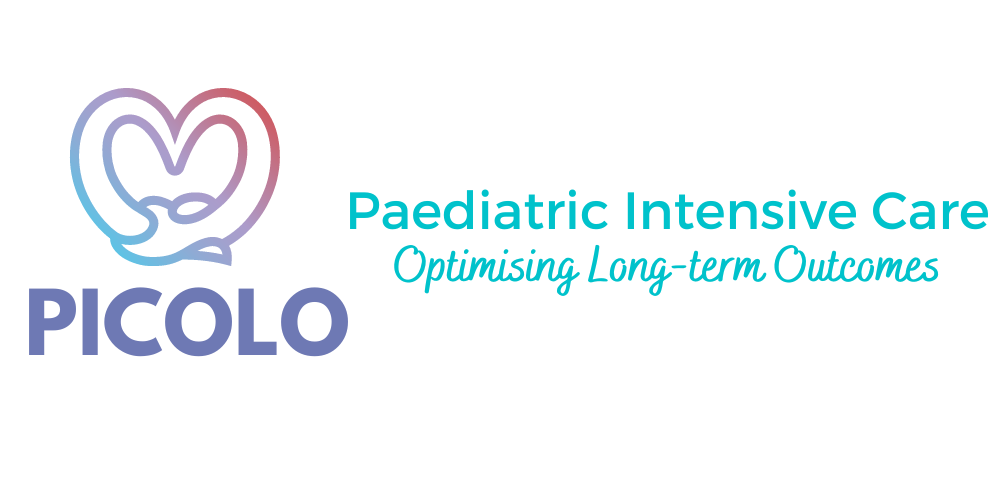
Long Term Outcomes
Approximately 12,000 patients are admitted to PICUs in Australia and New Zealand every year (1). While advances in technology and medicine have led to decreased mortality rates, a growing cohort of PICU survivors now face challenges after going home from hospital (2). These challenges have been conceptualised as Post-Intensive Care Syndrome in paediatrics (PICS-p) which includes physical, cognitive, emotional, social, and family domains (2). PICS-p may affect up to 30-40% of all ICU (adult) admitted patients, however prevalence in paediatric ICU Australian & New Zealand populations is currently lesser known (3).
Our work includes a range of PICU admission, prevalence, and long-term studies in Australia and New Zealand, as well as internationally.
Our team consists of researchers, doctors, nurses, ICU specialists, neuropsychologists, allied health professionals and educators.
Below is more information on our current work.
References and Sources:
ANZICS. Centre for Outcome and Resource Evaluation (CORE) Report. Victoria, Australia: Australia and New Zealand Intensive Care Society (ANZICS); 2020 September 2021. https://www.anzics.com.au/wp-content/uploads/2021/09/2020-ANZICS-CORE-Report.pdf.
Manning JC, Pinto NP, Rennick JE, Colville G, Curley MAQ. Conceptualizing Post Intensive Care Syndrome in Children-The PICS-p Framework. Pediatr Crit Care Med. 2018;19(4):298-300. http://eprints.nottingham.ac.uk/55072/1/Manning%20et%20al%202018%20-%20PCCM%20paper.pdf
Needham DM, Davidson J, Cohen H, Hopkins RO, Weinert C, Wunsch H, et al. Improving long-term outcomes after discharge from intensive care unit: report from a stakeholders' conference. Crit Care Med. 2012;40(2):502-9. https://pubmed.ncbi.nlm.nih.gov/21946660/










